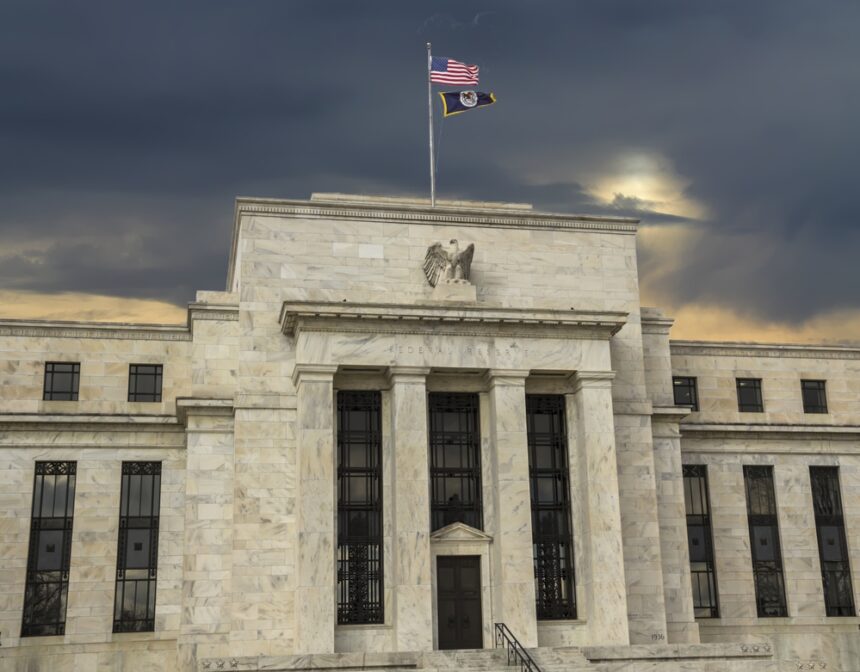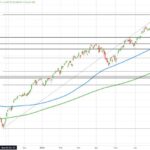Should the Fed calm the markets? Yes and no.
Let’s start with No. Today in Bloomberg, Mohamed El-Erian The titles and subtitles are as follows:
The Fed Should Resist Trying to Calm the Market
Central banks need to avoid making another policy mistake by implementing emergency rate cuts.
A similar article was published in the Financial Times. Barry Eichengreen:
The Fed won’t let the market cut rates
Stock price fluctuations are not a reliable sign of an impending recession
I generally agree with both commentators. The Fed shouldn’t try to stop big stock market swings, and yesterday’s 3% drop in the S&P 500 wasn’t a particularly big move. (It was certainly a lot bigger than average, but I’ve seen moves much bigger than that many times. As of this writing, the S&P 500 is up over 2%.)
So why do I say “yes and no” at the beginning of this article? I think it depends on what you specifically mean by “soothing the market.” Imagine there is an NGDP futures market. In that case, I would strongly support the Federal Reserve adopting a monetary policy that soothes the NGDP futures market.
Of course, there is no NGDP futures market. But there are many markets that indirectly provide information about market expectations of NGDP growth. Let’s start with the fact that NGDP growth is the sum of inflation and real GDP growth. Second, note that there are market measures (although admittedly imperfect) of expected inflation. Moreover, there are a number of market measures that are substantially correlated with expected real and nominal growth. I recall market commentators mentioning yesterday that risk spreads in the bond market have widened. Risk spreads are indeed correlated with NGDP growth, because if NGDP growth slows sharply, borrowers will have difficulty repaying their debts.
Suppose the Fed built a model that uses a weighted average of all kinds of relevant market prices to estimate market expectations for NGDP growth. It might make sense for them to try to stabilize that index without trying to stabilize the individual components of that index. Would that “appease the market”? I think it’s kind of a question of terminology. The Fed doesn’t have market stability as its primary goal; rather, it only tries to stabilize the market to the extent that it stabilizes NGDP growth. As a practical matter, the Fed might occasionally respond to wild swings in the stock and bond markets, but it’s not because it cares about investors’ plight.







